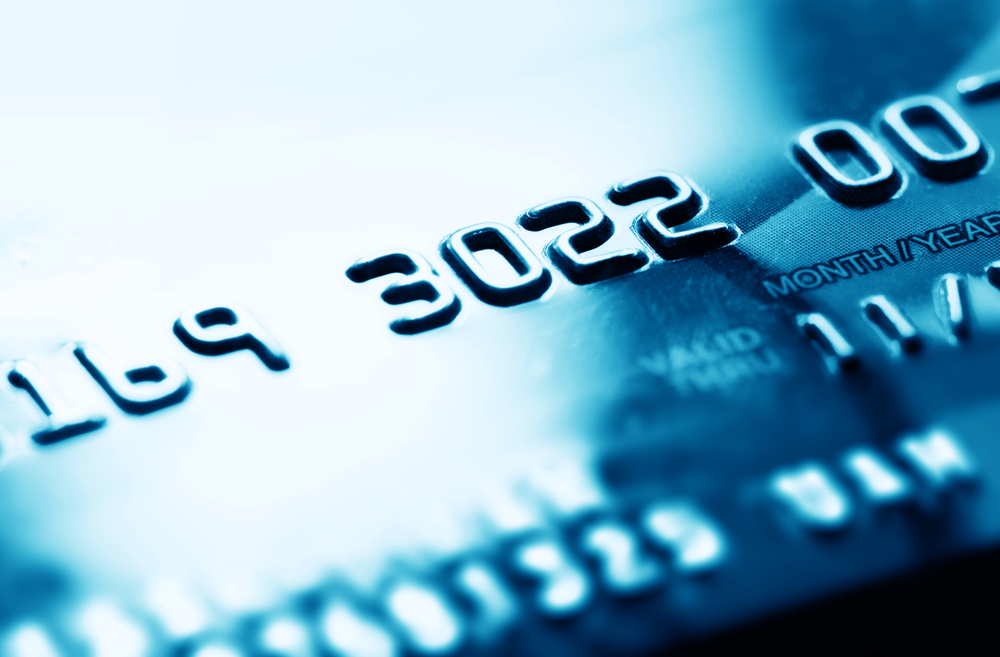Most people agree that using a credit card to finance your business is a slippery slope that can quickly lead to enormous debt or even bankruptcy. But in these days when SBA loans are difficult to get and banks have backed away from lending to start up companies or small business entrepreneurs, many owners reach for the credit card as an alternative. Some studies suggest about sixty percent of small business owners use credit cards to cover capital necessities.
Though not ideal, it is possible to use a business credit card for short term funding, but it is vital to practice these strategies to make sure you don’t start down a financial slide.
1. CHECK YOUR CREDIT SCORE
The higher your credit score, the lower your interest rate may be with some card companies. A score above 620 is considered good. Each of the three main reporting agencies (Transunion, Experian, and Equifax) will give you a free credit report each year. To get the actual score number you will have to pay a nominal fee, but it is worth it. You need to know what rate you will be paying when a card is offered to you.
2. ONE AND DONE
You may receive all kinds of special offers from card companies. Resist the temptation to switch from card to card. Applying for multiple cards can actually lower your credit score, so whatever temporary benefit you may get from switching may be negated by the drop in your number. Research the cards carefully and choose the one that best fits your needs.
3. PAY OFF YOUR BUSINESS CREDIT CARDS.
Usually credit cards will have a no-interest grace period for thirty days. Use those thirty days to help build up your initial cash flow if you need to. But make sure you pay the entire balance before the thirty days is up. Otherwise you have started going down a road of high-interest debt.
4. KEEP PERSONAL AND BUSINESS CREDIT CARDS SEPARATE.
Keep your business credit card for business use only. Mixing in personal transactions may make trouble when tax time comes around. Having all your business charges on the card will make it much simpler to monitor expenses and track how your money is being spent. At tax time, it will make sorting out itemized expenditures easier.
5. REFUSE CASH ADVANCES.
Cash advances don’t follow the same fee structure as purchases made with the card, and they often result in multiple fees and unexpectedly high costs. They also, are not part of the thirty day interest-free grace period. When you need cash, reach for your business debit card instead.
6. MAKE PROMPT PAYMENTS.
Pay off your balance on time and completely each month. Late fees rack up quickly and late payments result in higher interest rates. These extra expenses will negate any advantage you had originally with a small business credit card, so make sure you know your due dates.


No Comments